
Opening dialogue and establishing connections across different oncology camps may enhance the use of integrative modalities and bolster patient outcomes.

Your AI-Trained Oncology Knowledge Connection!


Opening dialogue and establishing connections across different oncology camps may enhance the use of integrative modalities and bolster patient outcomes.

The phase 1 ARTISAN trial investigators plan to expand enrollment to patients with metastatic CRPC outside the US in the second half of 2026.

Surgeons and radiation oncologists can collaborate to discuss expected toxicity and surgical outcomes among patients with resectable gastric cancer.

Patient demands for efficacious regimens without sacrificing quality of life are driving a greater emphasis on managing and mitigating AEs in oncology.

Data from a phase 1/2a trial show no dose-limiting toxicities associated with ELC-100 among patients with neuroendocrine tumors.
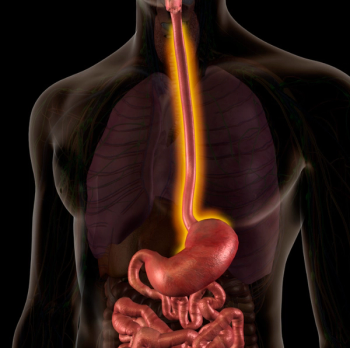
PFS and response rates were proved to be meaningful among patients receiving zolbetuximab plus mFOLFOX6 and nivolumab for metastatic gastric/GEJ cancer.
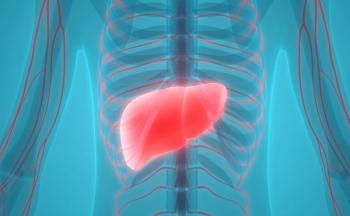
Any-grade AEs were observed in 91% of the pembrolizumab arm vs 82% of the placebo arm, with AEs leading to death in 1% of patients in both arms.

Data from the HERIZON-GEA-01 trial may support zanidatamab as a promising new standard in HER2-positive gastroesophageal adenocarcinoma.
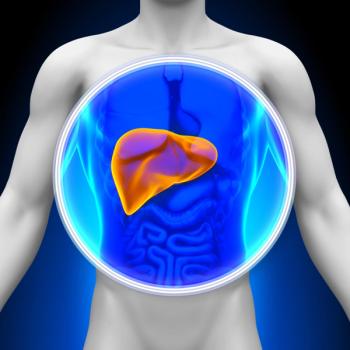
Early data from the ABC-HCC trial showed an improvement in median time to failure of strategy with atezolizumab/bevacizumab vs TACE in this HCC population.

Consistent with FGFR2 inhibition, lirafugratinib was well-tolerated among patients with FGFR2-mutated cholangiocarcinoma in the ReFocus trial.
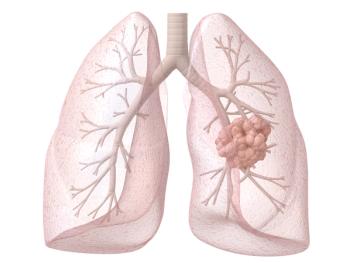
Supporting data for zoldonrasib’s breakthrough therapy designation in NSCLC came from the phase 1 RMC-9805-001 trial.

The primary end point of ORR was met in the CAR-like T-cell arm for patients with gastric/GEJ cancer.

Investigators will assess the safety and early activity of OTP-01 among patients in the US and Australia across approximately 20 centers.

The safety profile of chemoradiotherapy with or without tislelizumab was acceptable among patients with gastric cancer or gastroesophageal junction cancer.

Data from the CRITICS-II trial support total neoadjuvant chemotherapy plus chemoradiotherapy as a preferred candidate for future study in this population.

Results from arm A of a phase 1/2 trial showed improved efficacy with multi-antigen targeted T cells plus frontline chemotherapy.

Neoadjuvant immunotherapy plus chemotherapy did not definitively increase the risk of severe pneumonitis compared with adjuvant immunotherapy.

Clearance of the investigational new drug application allows investigators to expand their assessment of KLN-1010 as part of the phase 1 inMMyCAR trial.

Patients with gastric cancer who were treated with a 3-drug antiemetic regimen had lower discontinuation rates following the first zolbetuximab dose.

Experts break down the clinical trial data and regulatory developments that made 2025 a “remarkable year” in kidney and bladder cancer management.

No serious adverse effects were observed with CBM588 in patients at risk of colorectal adenoma recurrence.

Prior data from the 2025 ASH meeting showed that CK0804 may complement JAK inhibition among patients with myelofibrosis.

Patients with HER2-mutant NSCLC who were naïve to systemic therapy for advanced disease experienced positive results following treatment with sevabertinib.

The randomized KANDLELIT-007 trial will enroll approximately 675 patients with advanced non–small cell lung cancer across the world.
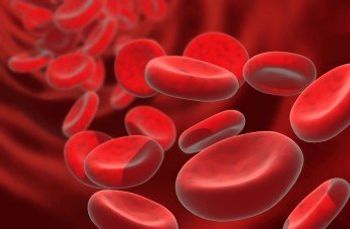
Results from the phase 3 VERIFY and phase 2 REVIVE studies supported the NDA submission of the for rusfertide in this PV patient population.

Overall survival and progression-free survival benefits with the combinations were consistent among prespecified subgroups based on PD-L1 status.

Larger-scale and longer-term studies could elucidate the mechanisms underlying quality of life benefits associated with resistance exercise in this group.
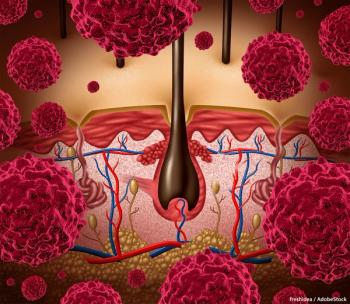
Investigators are currently assessing treatment with Alpha DaRT among those with recurrent CSCC as part of the ReSTART trial.

The majority of patients with de novo DLBCL who received zanubrutinib plus rituximab and lenalidomide achieved complete responses in a phase 2 trial.

A study published in JAMA Network Open showed that patient trust in physicians and hospitals dropped from 71.5% in April 2020 to 40.1% in January 2024.